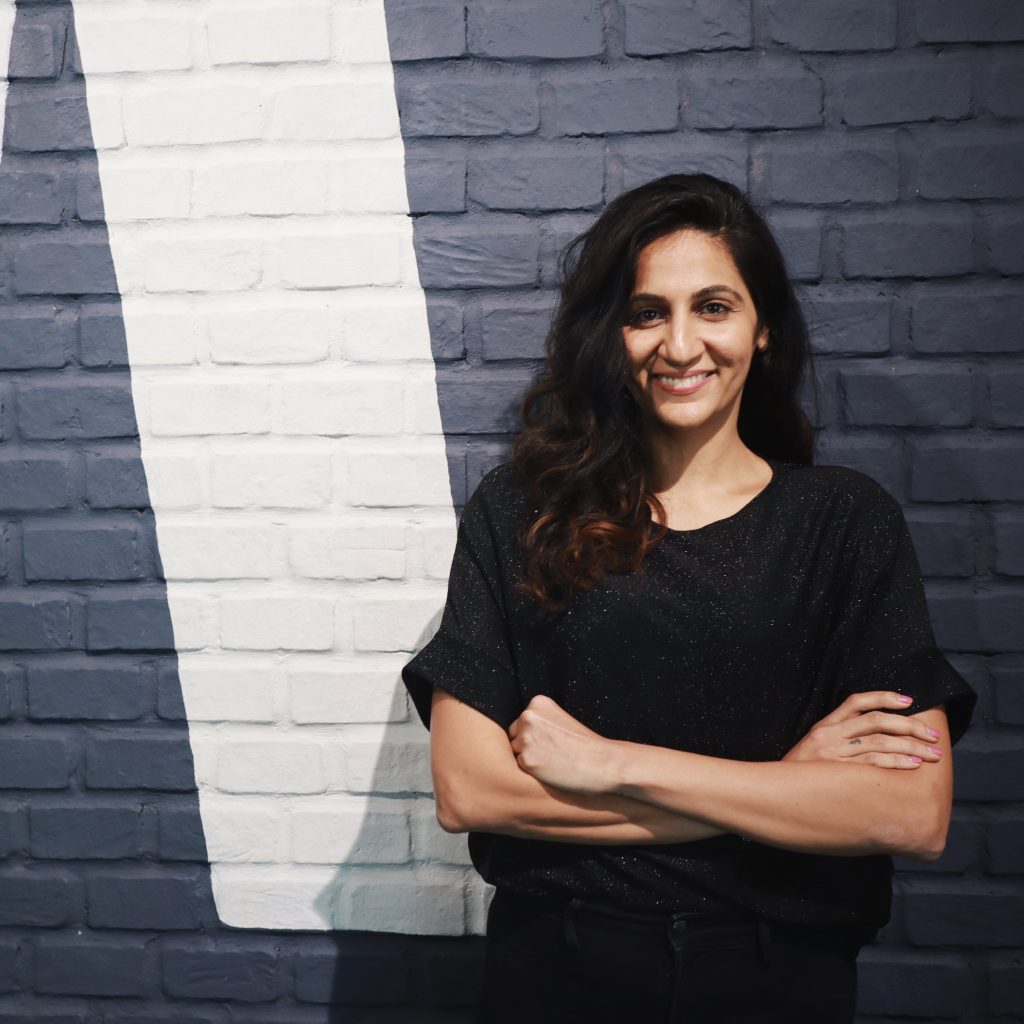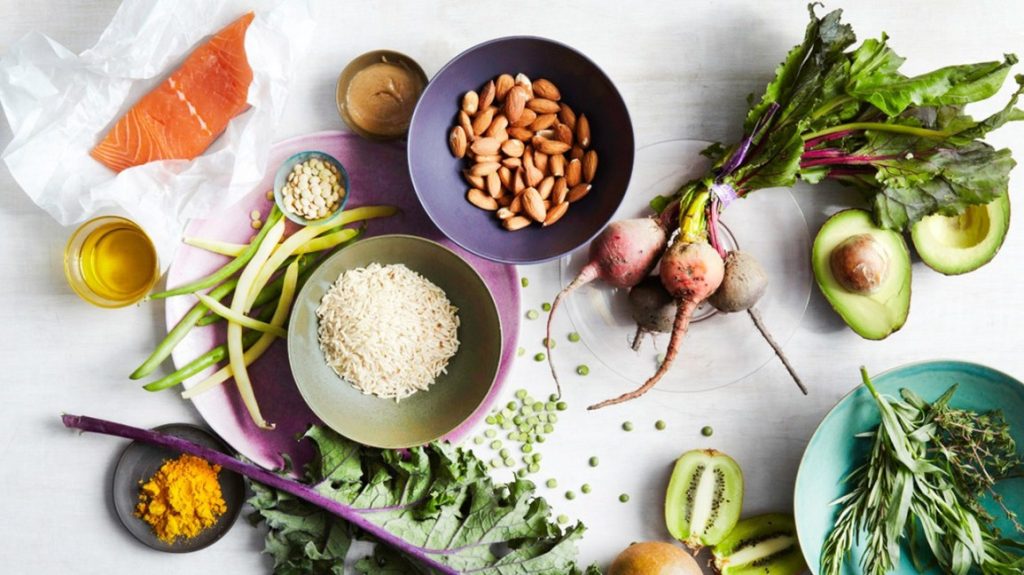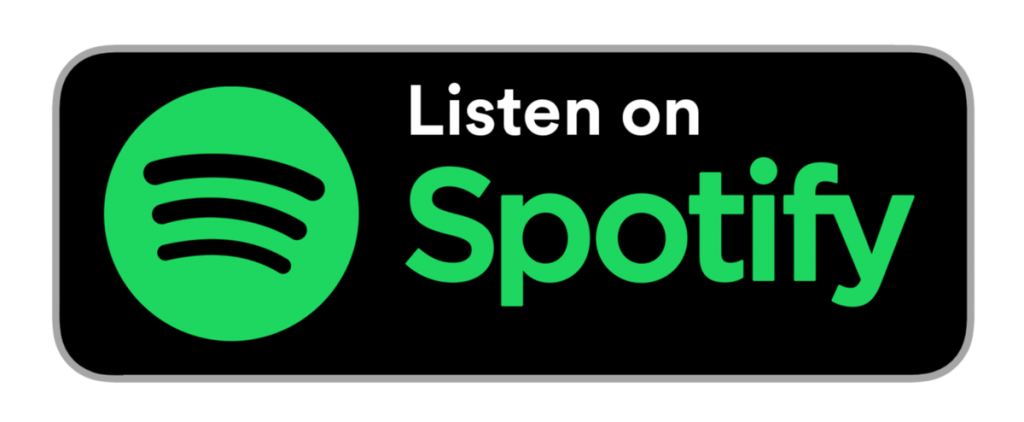Covid-19 and a Strong Immune System, with Dr Priya Khorana
Jack Thomas talks to Dr Priya Khorana, a professor of nutrition, on how to maintain a strong and healthy diet in Bangkok.
Dr. Priya talking about the current situation, Covid-19 and how to stay healthy and have a strong immune system during this hard time. Tips on how to prepare your food and get your grocery shopping done.
What does it mean to have a strong immune system?
Basically what it means is that you are able and ready to fight off infection. The big misconception now is that people choose and want to boost their immune system. So, boosting your immune system is actually not the goal. Staying healthy, you need your immune system to attack the harmful bacteria and the virus and the abnormal cells.
So what role does nutrition play in improving your body to fight off?
Having a well-rounded, good lifestyle is the key. Nutrition plays an important role as does sleep management, as does stress management, not smoking, having moderation in alcohol. So it’s all about having a well-rounded approach.
I suggest to go more plant-based. Foods that are plant-focused are high in anti-inflammatories and basically fight off free radicals and free radicals is basically what causes disease and your body to fight against itself.
Some of the foods that I will suggest are leafy greens, berries, any and all fruits and vegetables and all colors and varieties. Cruciferous vegetables such as cauliflower and broccoli, omega 3s, nuts, walnuts, salmon, avocado.
What’s the difficulty in collecting evidence to show that nutrition and why certain factors of lifestyle would boost your immune system?
So, there’s no such thing as boosting your immune system. Your immune system is your lungs, your kidneys, your liver, your organs and your skin.
You can’t have them work more efficiently. What you can do is boost or strengthen your ability to fight off the infection whilst everything else is working alongside. But there is no science on that because it’s very difficult to offer a sick person a plant-based diet and watch them improve versus someone who is not.
The only evidence, and it’s very small, shows that vitamin C, vitamin D, magnesium and zinc are helping these already ill patients to fight it off better. There’s nothing showing that they recover faster. It’s that they’re able to fight it off at their pace and hopefully not succumb to it.

So our hope would be that you would be better at fighting off Covid-19 if you get. It wouldn’t prevent you from getting it but make it harder for you to get out or anything like that right now?
That’s exactly right. So it’s not prevention. At the moment it’s treatment. But again, if you are eating well, exercising regularly, avoiding cigarettes and alcohol, sleeping enough and managing your stress, you are essentially preventing yourself from getting ill.
With the Coronavirus, it’s very difficult at the moment because symptoms are varied. There are also dormant for 10 days is what they’re finding. So in every patient, it presents itself slightly different. So, the treatment itself is we have to leave it to the scientists in the health care workers. It’s very dangerous and very difficult to support natural remedies that people are presenting that actually claim cure people of the corona, which is a whole other topic in itself.
Are there foods that are proven to be especially good to fight against viruses?
I would say gut health foods. So, fermented foods, sauerkraut, kimchi, kombucha, miso, kefir. Probiotics all because essentially virus fighting infection. Fighting warriors are in the gut. So, if you are protecting your micro-biome, essentially everything else will function better. Actually an interesting point that is that if you do support your gut and you have good gut health that is actually showing scientifically to impact mental health, and especially now in these times, you know, not only are people more aware of eating well, exercising more, but also they’re more aware of their mental health state.
We’re facing uncertainty and we’re facing our own anxieties. So if you do eat well and that encompasses fruits, veggies and gut health foods alongside whole grains, lean proteins, omega3, et cetera, are basically balanced diet. You’re able to cope better in what’s happening today.
Now they can’t go and eat quite the same way. So how should people be eating during lockdown in terms of preparing food, getting healthy food delivered?
The first thing that I would suggest is getting your groceries delivered and make sure that you have food in stock. So I would get two loaves of wholegrain bread as you can freeze one. Buying whole grains in bulk such as quinoa, barley, rice berry, just having them in your pantry. I also stock up on herbs and spices at the moment because I’m trying to reduce the sodium and the salt table salt intake for everyone in my family. So I jazz it up with with spices. Those are easily to store as they keep for long.
You know, it is difficult at the moment to always get fresh produce. Fortunately, in Bangkok, it’s not too hard. Canned options are fine again. I would look at the sodium content of them and I always drain and rinse.
Then the other alternative that I do suggest is frozen. So I get berries that are frozen now. I get frozen peas, frozen corn and have them all on hand. If it is becoming more difficult to go out and eat, my first line is cooking at home.
Being smart where you order from. And again, when you do get it delivered, make sure you throw away the packaging. Wash your hands before you serve as well.
Do you think after all of this, people will be paying more attention to their health, that fitness and ready for it?
I think at the moment, people’s health and well-being is at the forefront of their minds. So as an educator, it’s extremely vital for me to make sure that the information out there is relevant and accurate. So because people are paying more attention to their health, they need to be provided with the right kind of information.
What kind of Covid-19 and nutrition misinformation is out there?
A lot of the holistic approaches to disease prevention, I wouldn’t say that they are the wrong approach. I would just say that they need to be treated with caution. So, unfortunately, natural remedies, essential oils, et cetera. There is no science to back them up. So when when people do offer advice, the consumers need to make sure that they take the advice with a pinch of salt and make sure that they are living lives, making sure that they take care of themselves with actual good food, working out, avoiding cigarettes and alcohol, sleeping enough.
There is misinformation out there on the natural remedies that can prevent and treat and cure Covid-19. I would be wary of people following them and then letting everything else slip.

BASE RESOURCES
CONTACT US
BASE WEBSITE
BASE FACEBOOK
BASE INSTAGRAM
GUEST BIO
Priya Khorana holds a Doctorate in Nutrition Education & Exercise Physiology from Columbia University and am the Founder and CEO of Lifestyle Nutrition Consulting Co., Ltd. She serves as an expert in nutrition education, exercise prescription, chronic disease prevention, policy & sustainability and school wellness.
Priya also consults for hotels, schools, corporations, fitness centers and food brands. Some of her clients & partnerships include the Mandarin Oriental Hotel Bangkok, GetFresh, BASE Bangkok, AriFit, Dressed Thailand and NIST International School.
She’s also on the panel of advisory for the Society for Nutrition Education and Behavior, American Society for Nutrition, American College of Sports Medicine, the British Food Journal and others.
Lastly, Priya does nutrition spokesperson work that ranges from media appearances & speaking engagements through webinars & podcasts on social media. She acts as a contributing writer for health magazines (such as SHAPE, Women’s Fitness, Men’s Health, The Huffington Post, The Bangkok Post and more!) and is currently publishing her first recipe book.
GUEST RESOURCES
DR PRIYA KHORANA ON LINKEDIN
LIFESTYLE NUTRITION CONSULTING


